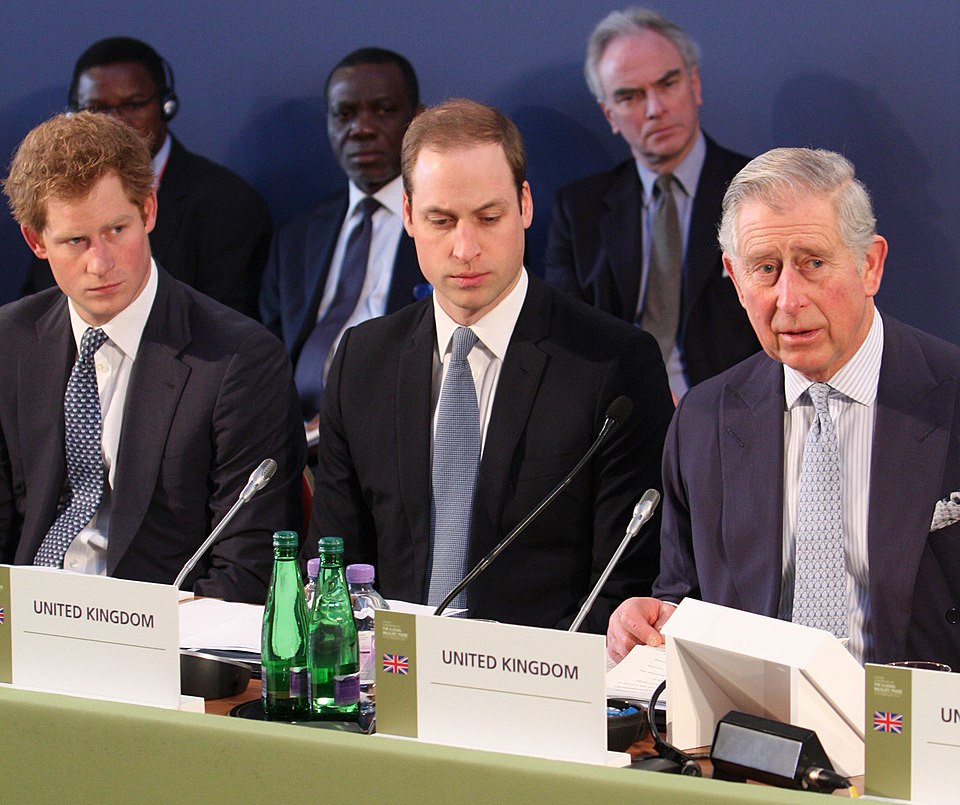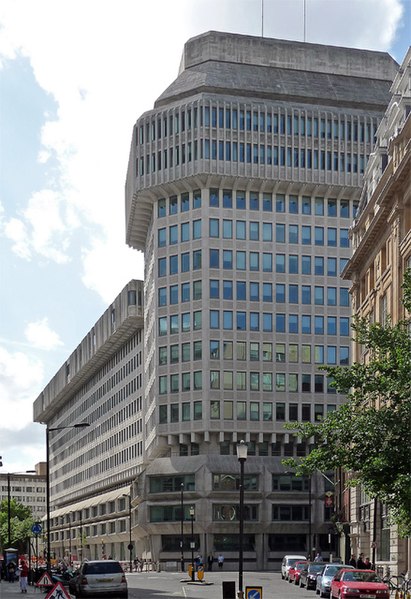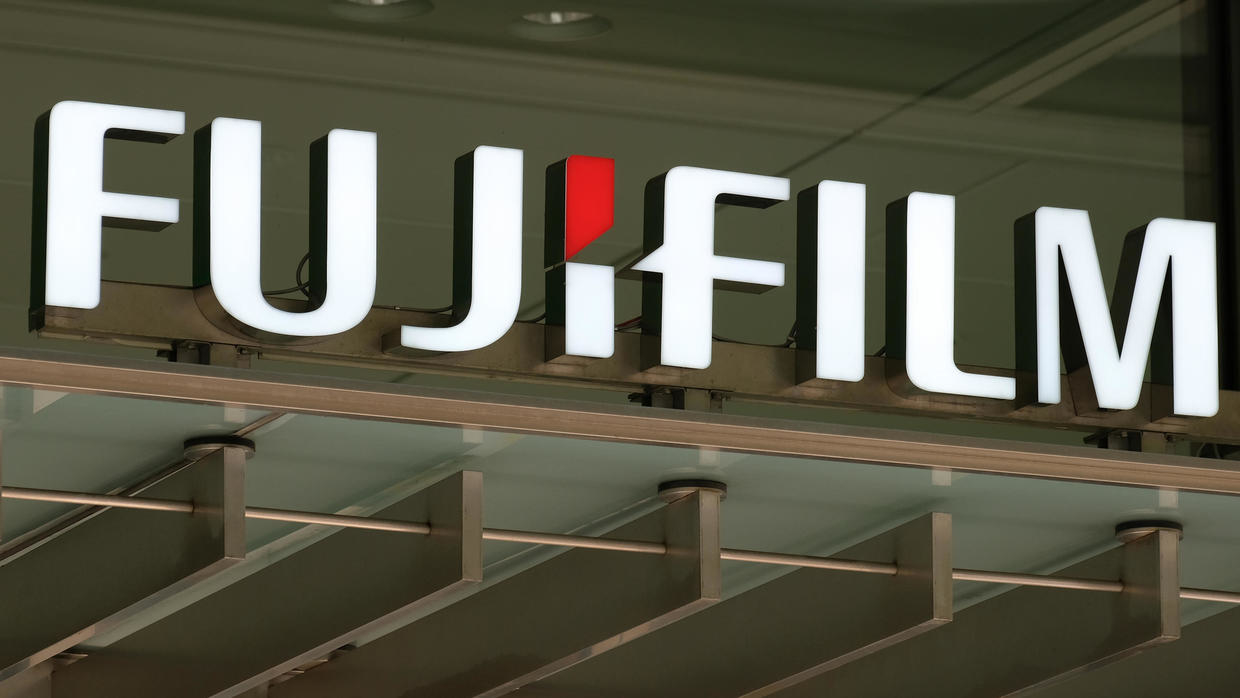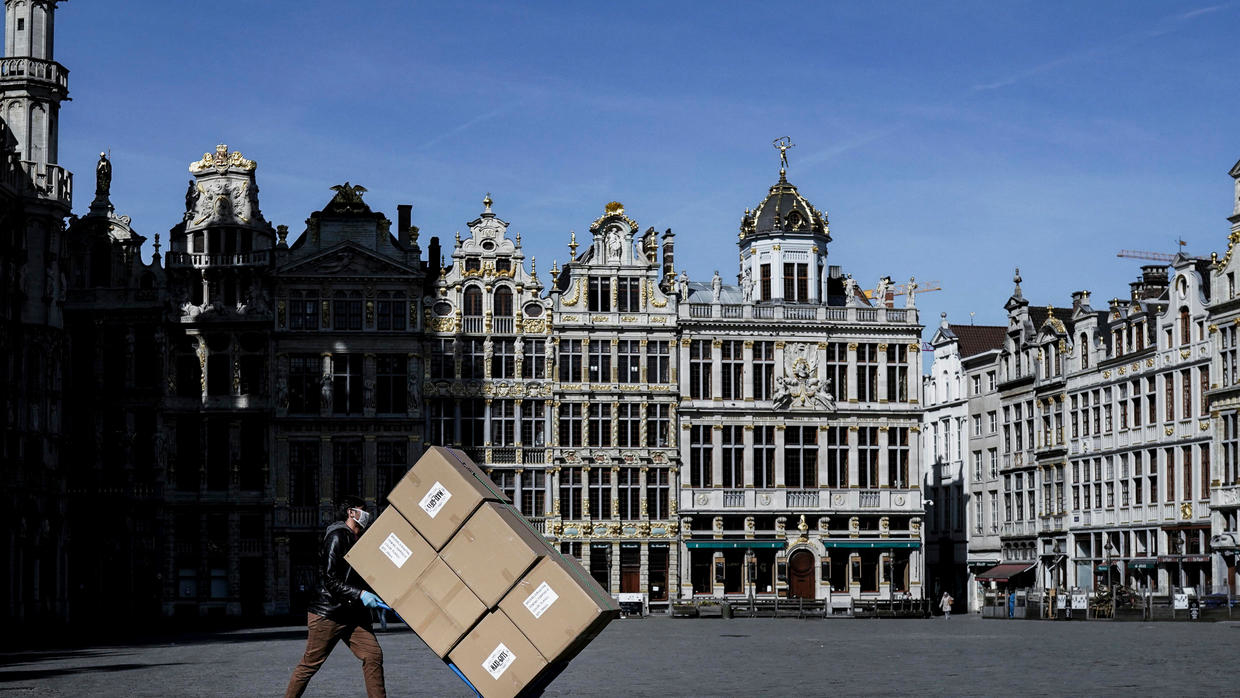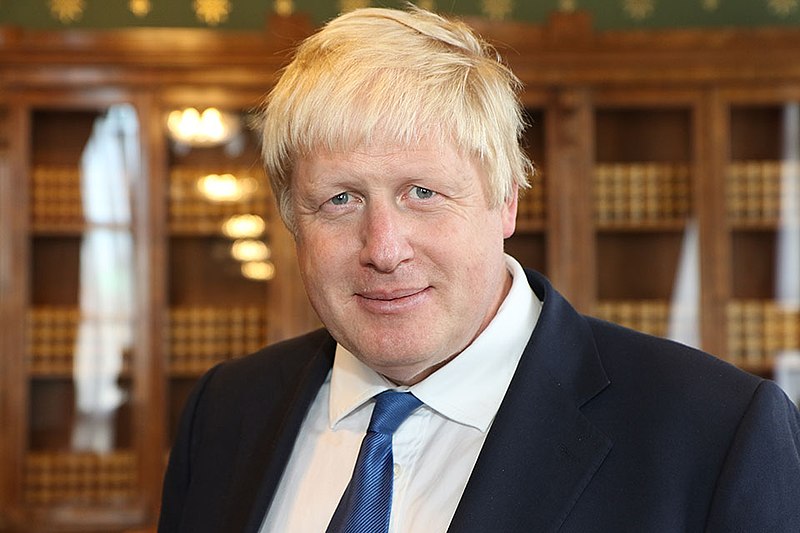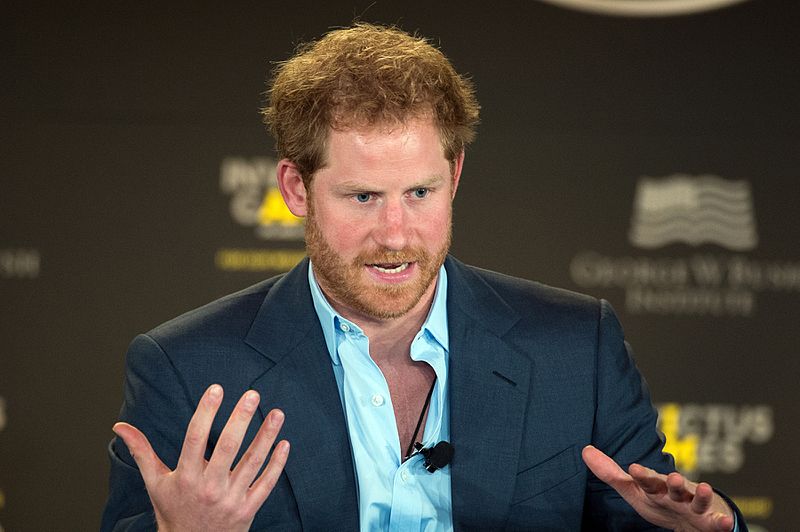
British billionaire Sir Jim Ratcliffe has agreed to purchase a 25% stake in Manchester United for approximately $1.3 billion (£1.03 billion). Through his Ineos Group, Ratcliffe will take charge of
football operations, with a planned investment of $300 million (£236 million) earmarked for enhancements to both the club's training grounds and the Old Trafford stadium.
This development follows the Glazer family's consideration of selling parts of their ownership in the club, announced around 13 months ago, to explore strategic options.
Ratcliffe, the chairman of the petrochemicals company Ineos and a Manchester native, expressed his lifelong support for the club, having made an unsuccessful bid to purchase Chelsea last year. He emphasized his commitment to leveraging Ineos' global expertise and resources to propel the club's improvement and facilitate investments in Old Trafford.
The deal is pending customary regulatory approvals, expected to take six to eight weeks, including validation by the Premier League.
Under the terms, Ratcliffe's Ineos will assume control of both the men's and women's football operations and academies. Additionally, they'll secure representation on the Manchester United PLC and Manchester United Football Club boards.
Despite Ratcliffe's substantial investment, the Glazer family will maintain a majority stake in the club, with Ratcliffe intending to bring in seasoned professionals from Ineos Sport, including Sir Dave Brailsford and Jean-Claude Blanc, to oversee operations.
This investment comes at a time when Manchester United faces challenges both on and off the field. The club's inconsistency in performance has led to significant fan discontent, culminating in protests against the Glazers' continued involvement.
While Ratcliffe's stake acquisition marks a significant development for the club, questions persist about the exact implications and how this restructuring will impact the team's future performance and management. Photo by Science History Institute, Wikimedia commons.









